Religion
You are protected against unlawful housing discrimination on the basis of your religion. It is against the law to discriminate against someone because of their religion, or on the basis of their having no religion. That includes refusing to rent to someone because of their religion, imposing discriminatory rules that impact their reasonable religious observance, treating people differently because of their religion, and discriminating against them because they do not subscribe to others’ religious beliefs.
If you are denied an opportunity to buy or rent a home or apartment—or are given false information by a housing provider—because of your religion, you are a victim of illegal housing discrimination. It is also illegal for landlords or other housing providers to treat in-place residents differently because of their religion (or because they are agnostics or atheists).
Examples and Warning Signs of Discrimination Based on Religion:
- Advertising that gives the impression that a certain religious group is preferred, like “conveniently located near XYZ Church” (or synagogue, mosque or temple).
- Refusing to rent or sell based on someone’s religion or religious beliefs.
- Questioning housing applicants or residents about their religious beliefs or attempting to convert them to a particular religious faith.
- Allowing the outdoor display of Christmas lights and other decorations while refusing to allow residents of other religions to decorate in observance of their religion or in celebration of their religious holidays (for example, refusing to allow a tenant of the Jewish faith to post a mezuzah on the door frame).
- Failing to investigate or take appropriate action to protect a resident from religious harassment by another resident.
Religious organizations that provide housing specifically for members of their own faith and do not offer housing to the general public may be exempt from religious discrimination complaints (i.e., housing in a monastery, convent, or housing facility for religious workers; or a retirement community that provides housing only for former religious workers). In addition, some religious organizations’ substance abuse recovery or other programs may be exempt even though they provide housing for program participants.
Fair housing laws permit religious organizations, as well as secular organizations, to be involved actively in caring for the needs of their members and reaching out to meet the needs of those who are poor, disabled, or neglected. However, when religious organizations receive government funding or offer housing to the broader community, they should be careful to separate their religious activities from their housing operations.
Watch one man’s experience fighting housing discrimination based on his religionhttps://www.youtube.com/watch?v=qEm9o3PFWH8.
If you believe you were discriminated against because of your religion, file a complaint.
